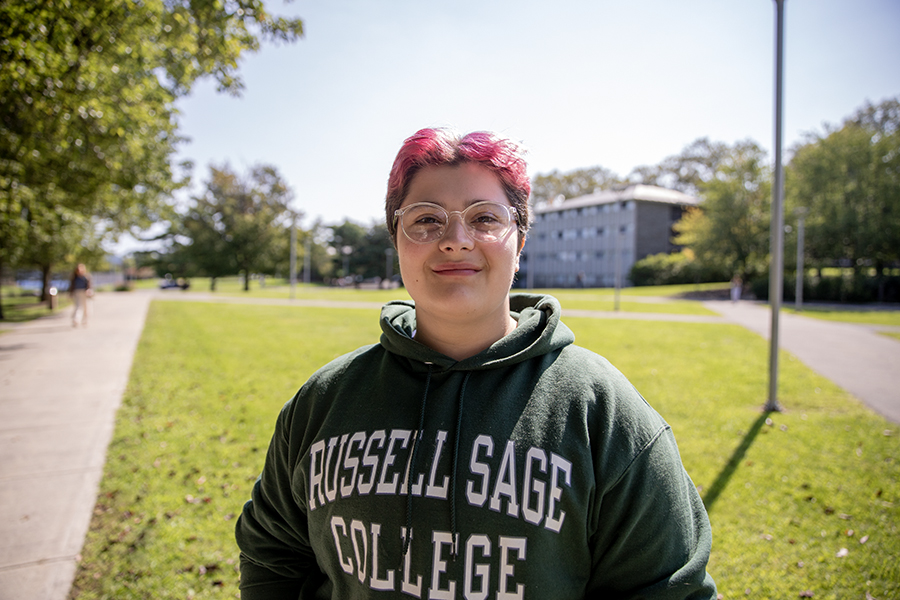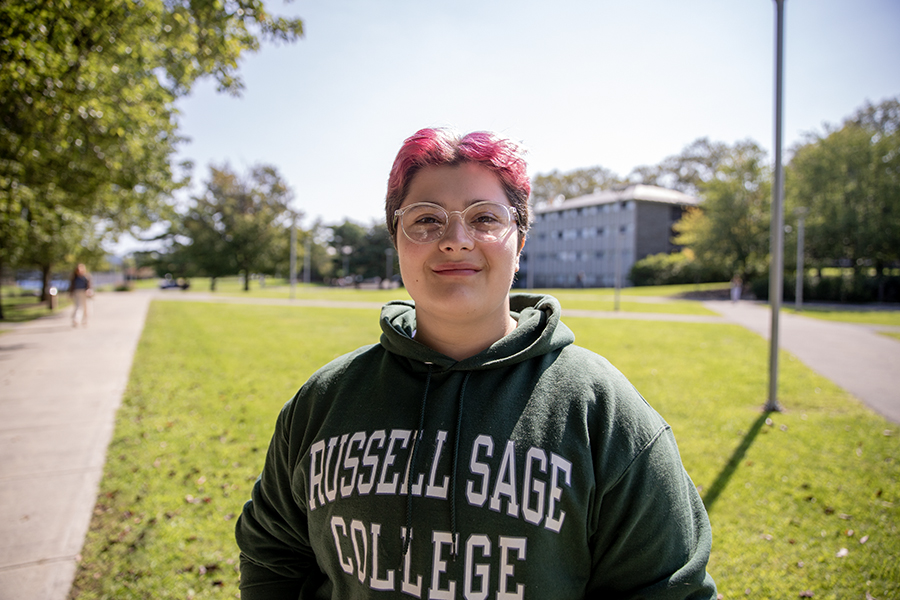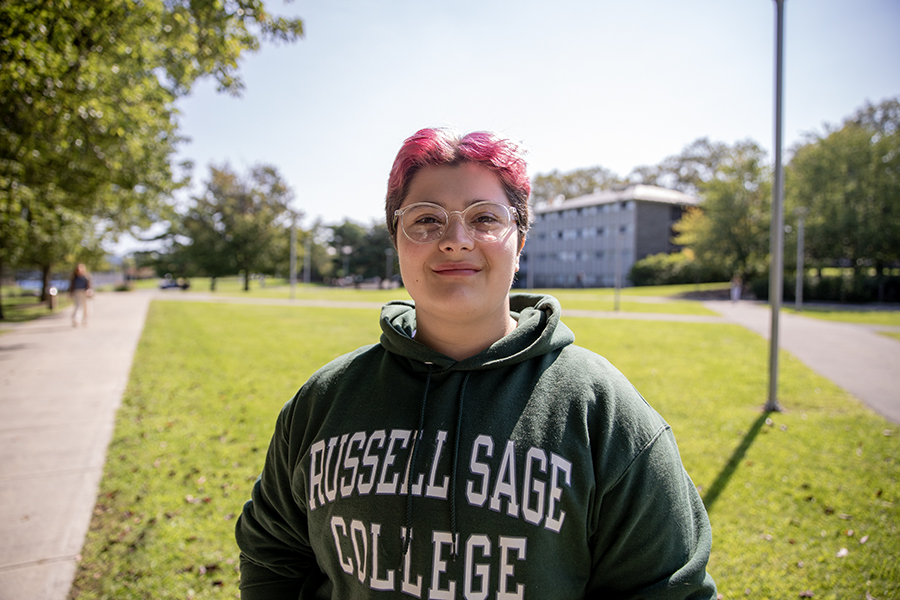College is an advantageous time for many young adults because there are so many academic, social and career opportunities available to them. This is a sentiment echoed constantly by parents and, for the most part, it is true. It’s the messaging hidden behind statements like this that causes a problem.
“Academic validation” is a term thrown around quite a bit. For kids who received praise at a young age within the classroom, it can become a significant part of their self-image. This relationship is cyclical; the more a student is praised for good academic performance, the more effort and time they will put into their studies to continue receiving that praise. In turn, academics can become the most important thing in a student’s life. When academics become the only important thing, any mistake a student makes can feel catastrophic.
Not only does this early dependence on academic validation skew how a student may view themselves, so does the messaging they receive. So much of the information and opinions that young academics are exposed to are focused on the negative, systemic issues of their time. A knowledge and level of compassion for current events is an important part of living on this earth, but it is easy to become overwhelmed by it. Worries about careers, inflation, home ownership, global politics and domestic politics plague the daily lives of many young academics.
A dependence on academic validation mixed with the impending doom of the future puts immense pressure on many attending colleges and universities across the country. There is a desire to do everything you can during your education to maximize the benefits; a sense that this is the only opportunity to create a better life. This is especially true for students who are going into debt in order to receive their education. All of this is because there is so much pressure from outside forces to do as much as possible all of the time.
There are a couple of flaws in trying to do everything all the time. The first is that it is plainly unrealistic. Unfortunately, there are not enough hours in the day for students to seize every opportunity on campus that interests them. Additionally, in an attempt to be involved in as many areas as possible, students often begin to fall short. When this happens, as a result of over-extending yourself, a student’s self-image may be damaged by these shortcomings. If you place a significant portion of your self-worth on academics, you will struggle to show yourself grace when you start to lose out on all that validation.
One of the most valuable parts of a college education is self-awareness. Learning how much they are capable of doing, and doing well, is information that will help students long into their futures. It is something we can only learn through trial and error. Still, there is something deeper and more important here.
We all strive to lead lives that make us feel happy and content. Contentment, however, lives inside us. External validation, academic or otherwise, can only serve to supplement our internal well-being. We must work hard to create our own happiness and only use external validation as a bonus. There will not always be people around you telling you that you are doing things right. Success cannot be found academically, socially or in your career without a solid balance between all these things and an innate compassion and understanding for yourself.














